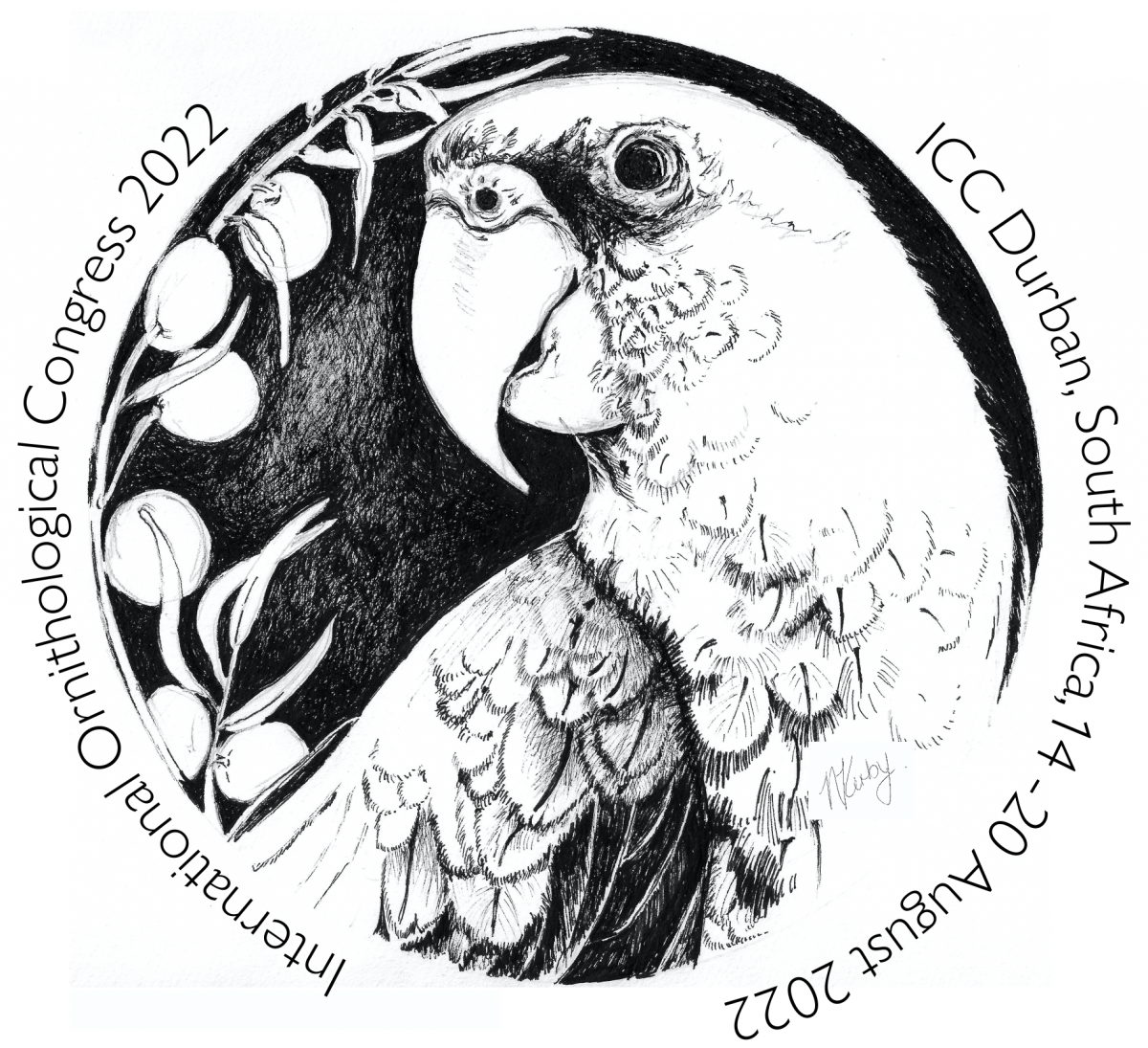 IOCongress® SPC committee
IOCongress® SPC committee
Please find below the complete List of SPC Members of the IOCongress 2022 in Durban, South Africa.
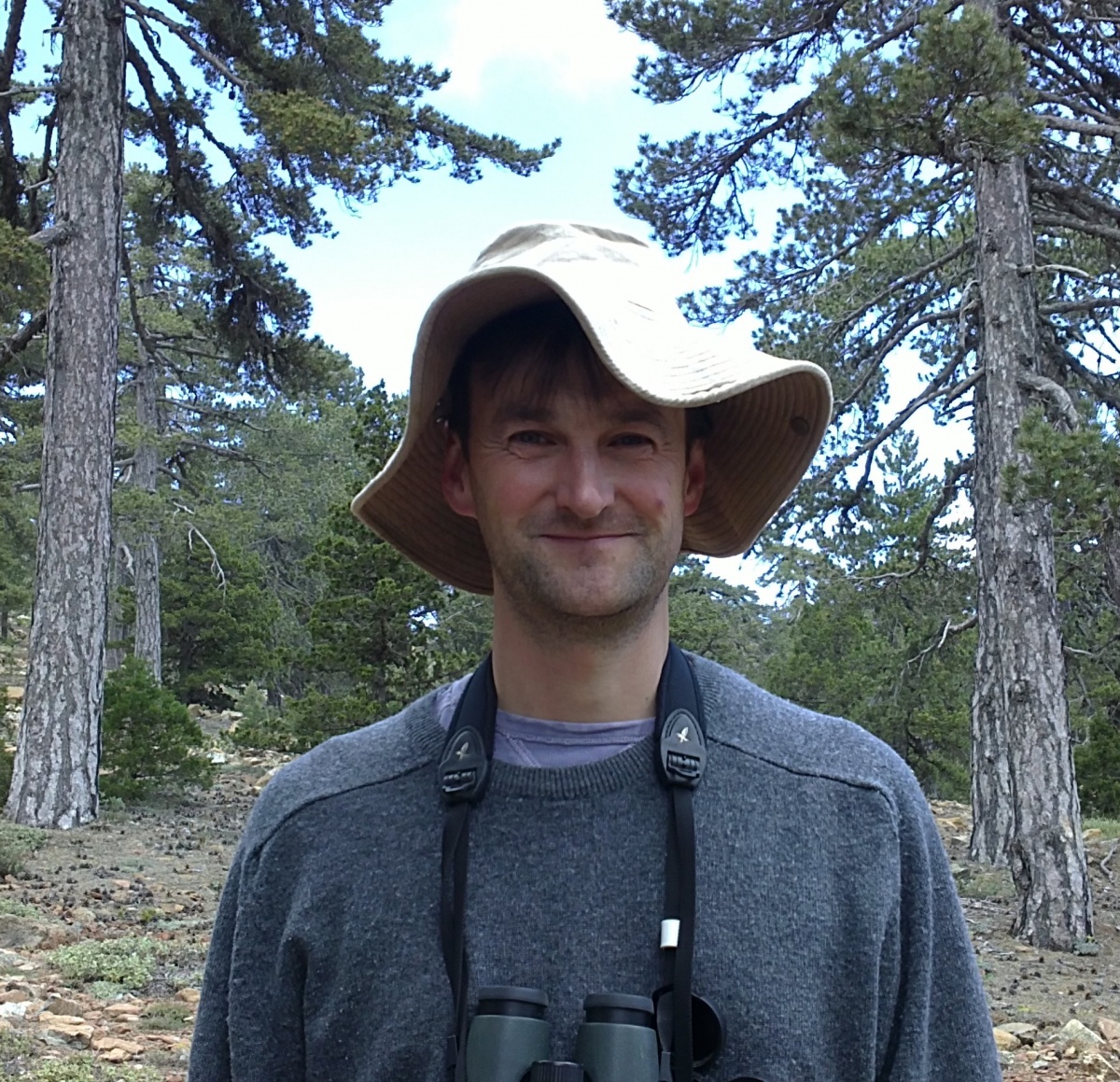
Will Cresswell
Chair
email: wrlc[at]st-and.ac.uk
Institute / affiliation: University of St Andrews, Scotland; AP Leventis Ornithological Research Institute, Nigeria
Will Cresswell is chair of the Scientific Program Committee for IOC2022 in Durban. He is Professor of Biology at St Andrews University and has been studying predator-prey interactions, and the ecology of migrant birds for the last 30 years. Current research priorities are to understand the factors determining the density and distribution of Palearctic migrants wintering in West Africa so that we can address their continuing declines in the face of anthropogenic habitat and climate change. As part of the solution he is also involved with capacity building in the region through helping to run the AP Leventis Ornithological Research Institute that trains future African ornithologists. Will has helped to organise a number of national and international conferences, symposia and workshops with the BOU, EOU and PAOC. Will has been a birder for 41 years and counting.
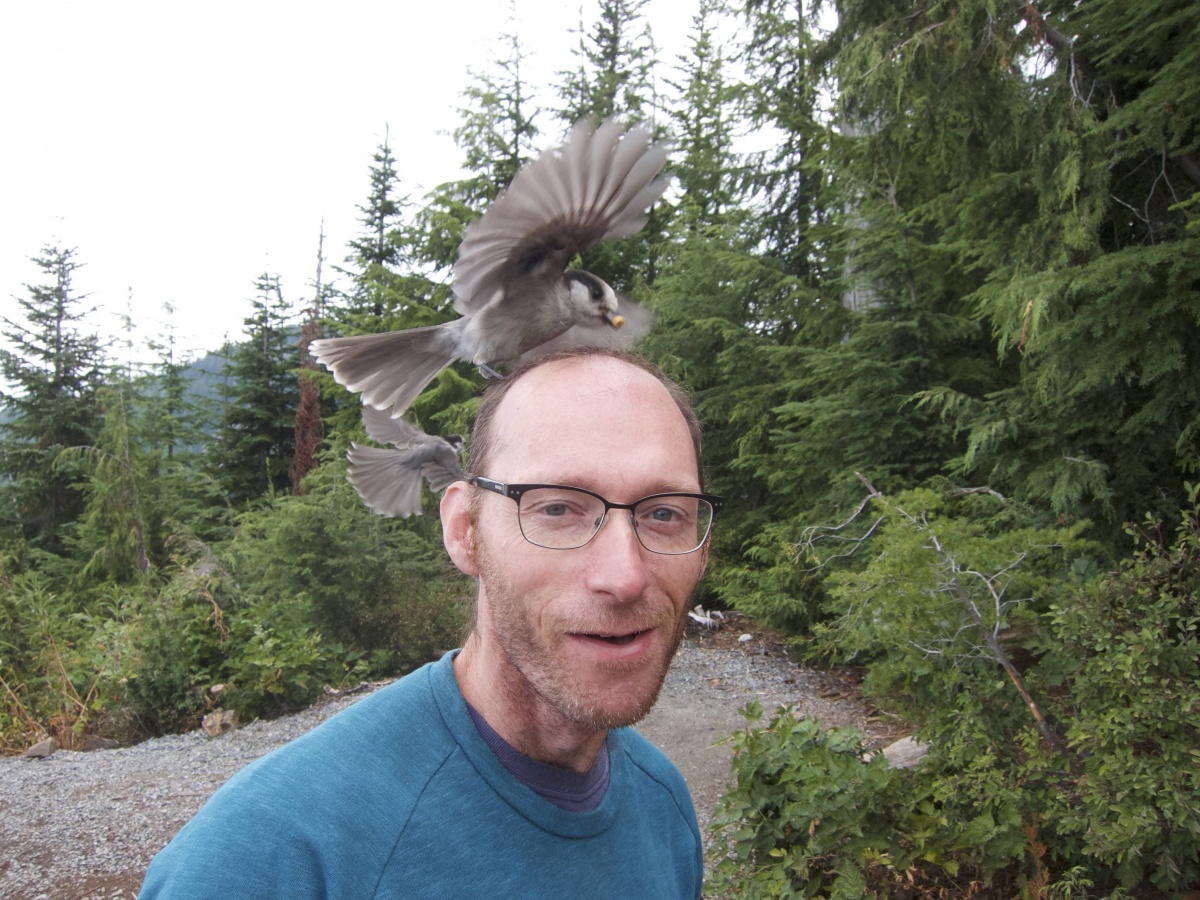
Cas Eikenaar
Committee member
email: cas.eikenaar [at] ifv-vogelwarte.de
Institute / affiliation: Institute of Avian Research, Germany
I am a Dutch ecologist currently working for the Institute of Avian Research, Germany where I study the link between physiology and behaviour of migratory birds. By combining studies on wild migrants with controlled experiments on long-term captive migrants I aim to understand A) the endocrine regulation of migratory behaviour, and B) the physiological adaptations to and consequences of migration. The former revolves largely around the role that the hormone corticosterone plays in the regulation of stopover departure decisions. For the latter the focus lies on how immune function and the oxidative balance affect migratory behaviour and vice versa. As model species I use the northern wheatear (Oenanthe oenanthe), which is an obligatory long-distance migrant, and the common blackbird (Turdus merula), a partial migrant that travels only short distances. Next to advancing eco-physiological studies of (migrant) birds, I hope that the Durban IOC will promote the virtual sharing of the latest research in ornithology by participants from really all regions of the world.
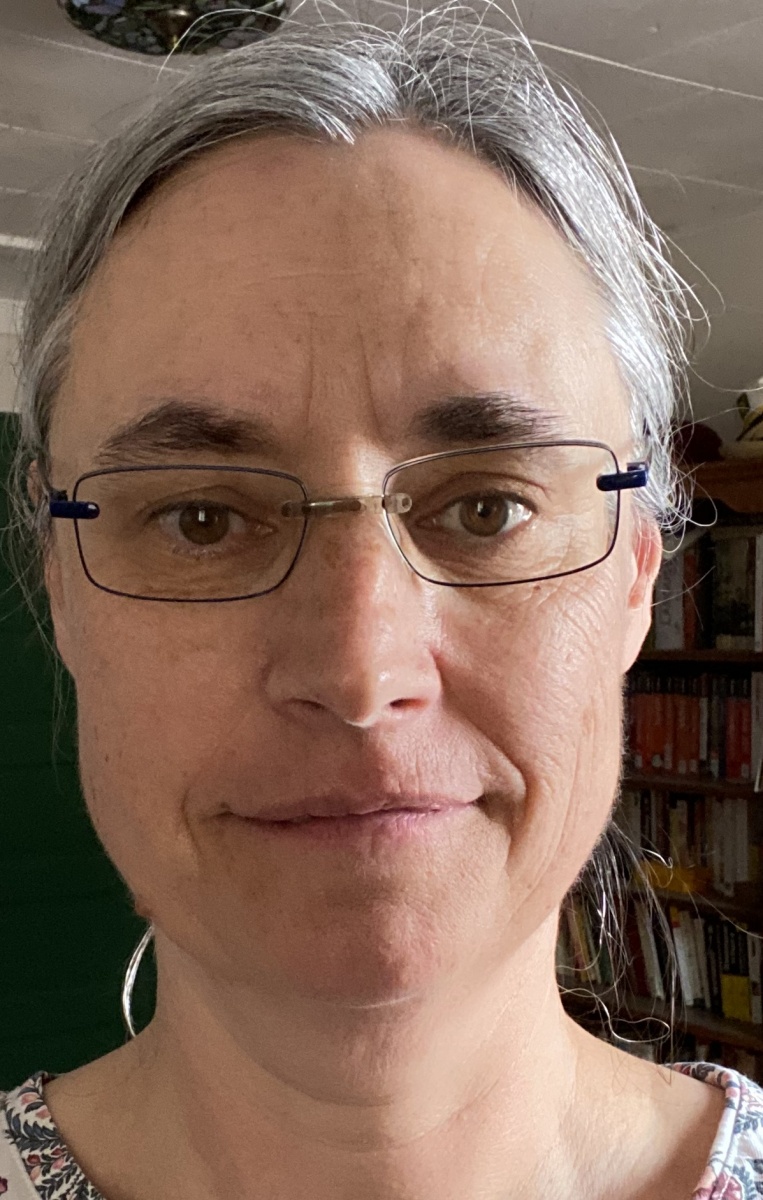
Caz Taylor
Committee member
email: caz [at] tulane.edu
Institute / affiliation: Tulane University, New Orleans, Louisiana
I am a professor at Tulane University in New Orleans, Louisiana on the Gulf Coast of the United States. My research interests are varied but mostly focus around migration, particularly movement and population ecology, full life cycle modeling, and spatial network analysis of Neotropical migratory species. My group currently works on winter and stopover ecology of landbirds and shorebirds in the Neotropics, breeding biology of wetland birds in Louisiana. We also work on migratory butterflies and urban ecology projects in New Orleans. I hope that we can ensure the IOC is truly international in scope with representation from many countries and studies of avian systems from around the world. I would like to see the conference provide multiple opportunities for synthesis and comparison across global systems.
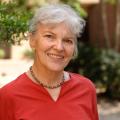
Dominique G. Homberger (USA)
Committee member
email: zodhomb [at] lsu.edu
Institute / affiliation: Dept. of Biological Sciences, Louisiana State University
As a functional, ecological, evolutionary and comparative morphologist and biomechanicist, with a background in veterinary anatomy, I am also studying birds with special attention to parrots and cockatoos in the lab as well in the field. I have attended all IOCongresses since the Berlin IOCongress in 1978 and have organized symposia for each IOCongress since the Moscow IOCongress in 1982. I was elected a member of the International Ornithological Committee (i.e., called IOU Fellow since 2010) in 1990 and was elected Permanent Secretary in 1998 at the 22nd IOCongress in Durban (South Africa). In this capacity I served also on all the Scientific Program Committees under five different SPC chairs until 2018. This service was immensely rewarding to me. At the IOCongress in Vancouver in August 2018, I was elected President of the IOU. In my current responsibility, I am happy to serve the new, youngest and in every respect the most diverse Scientific Program Committee.
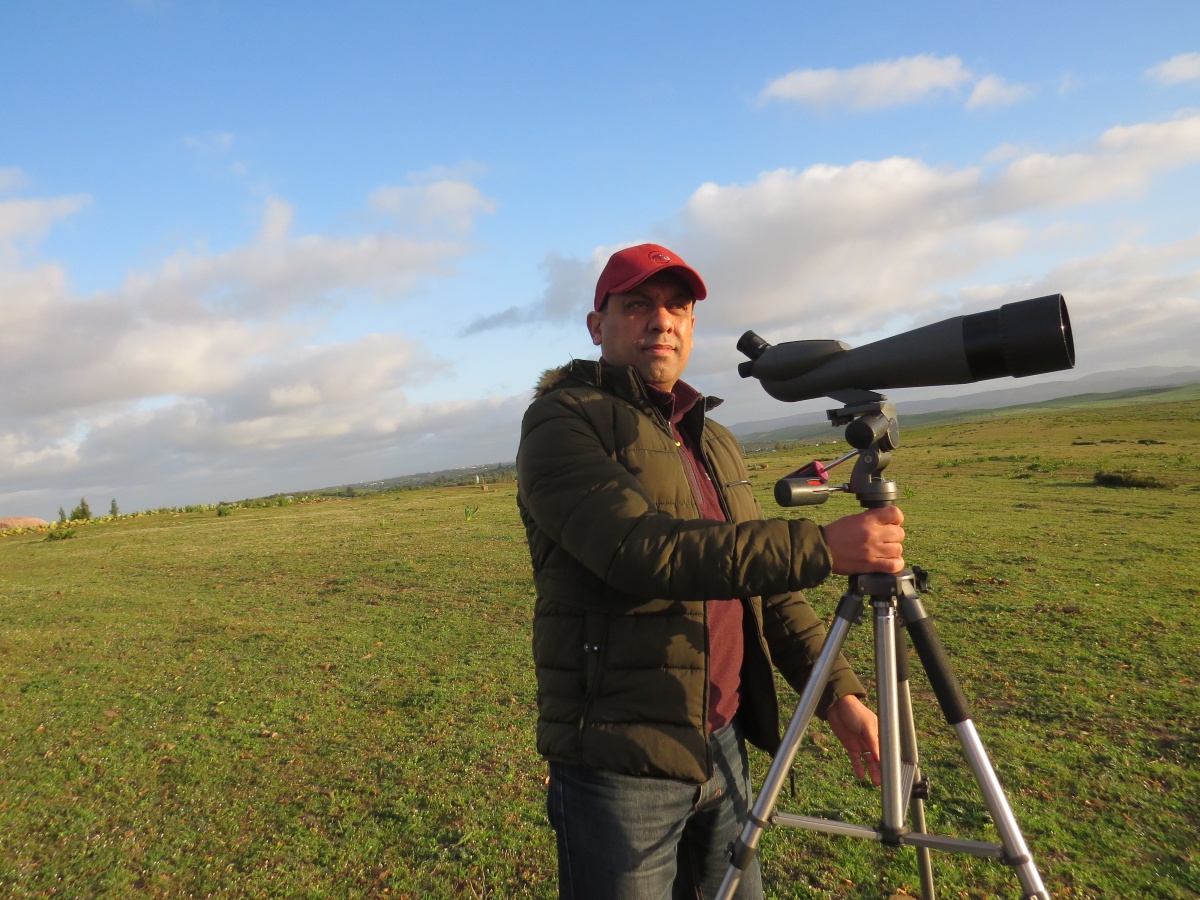
Sidi Imad CHERKAOUI
Committee member
email: imad.cherkaoui [at] gmail.com
Institute / affiliation: University of Sultane My Slimane/EST Khénifra
He is Associate Professor at Sultan Moulay Slimane University/ Higher Technology School of Khénifra (Morocco). His is the Chair of the 15th Pan-African Ornithological Congress (2016-2021), President of Expert Assessment Group for the Green List (Maghreb Region), AEWA/CMS Technical Committee Representative for North Africa, President of Nature Solutions Association and former Director of BirdLife Morocco. His current research interests are focused on birds of the Maghreb’s Mediterranean type ecosystem, which is especially vulnerable to climate change and land use. Most of his recent publications focuses on studying ecology and distribution of birds and mammals in North African wetlands, forests and semi-arid ecosystems with emphasis on Globally threatened species, Ecosystems services and nature-based solutions. He has worked with WWF Mediterranean Program office in Rome, SPANA and Enda Maghreb doing ecosystem restorations and rewilding, awareness Environmental education, community engagement and eco-development for conservation purposes.
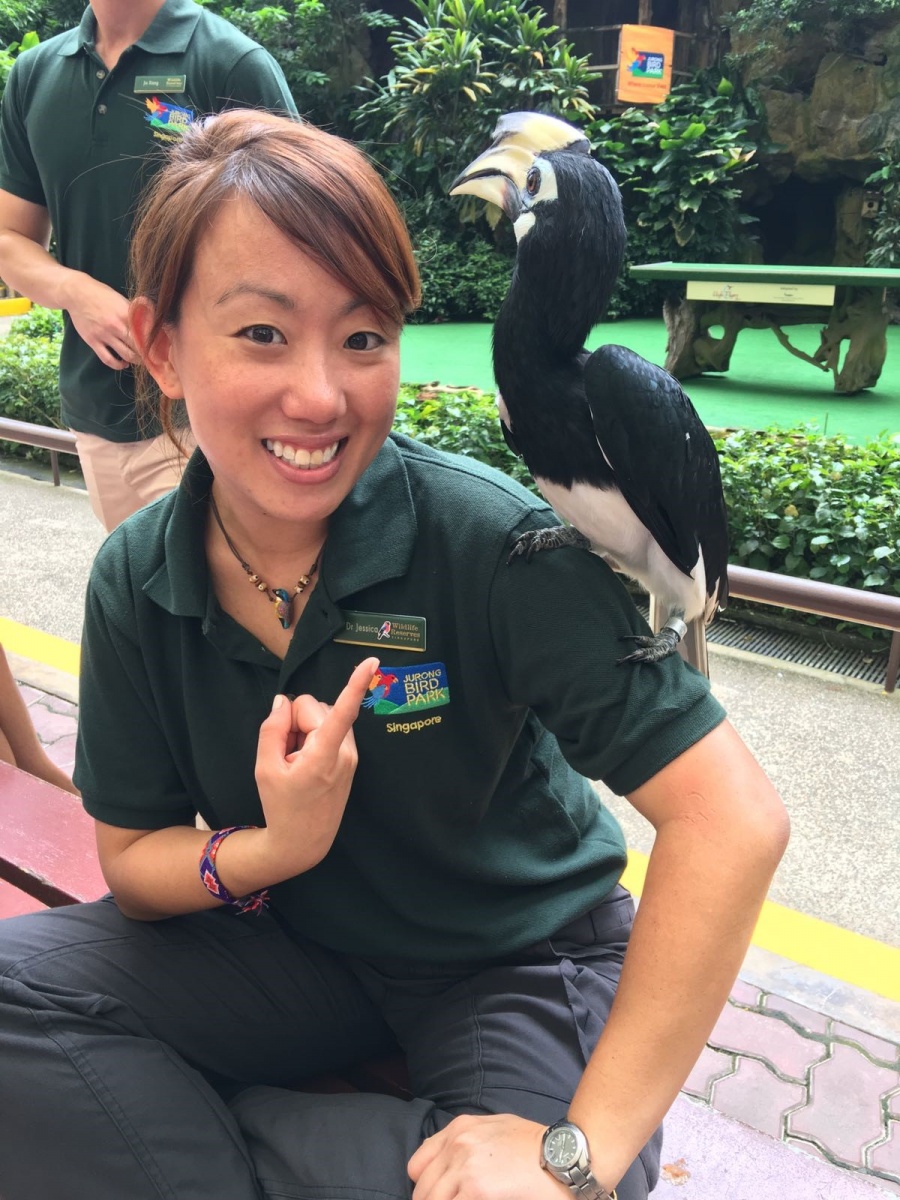
Jessica Lee
Committee member
email: jessica.lee [at] wrs.com.sg
Institute / affiliation: Wildlife Reserves Singapore
She a conservation biologist by training, is the Assistant-Director of the Conservation, Research & Veterinary Services Department at Wildlife Reserves Singapore. She oversees research and bird conservation efforts both locally in Singapore, but also across wider Southeast Asia and beyond. Her interests and aspirations lie in a number of areas: (1) avian bio-ecology and its implications on the conservation or management of threatened birdlife – especially in conservation planning initiatives for critical Asian bird species and the implementation of conservation action; (2) avian genomics and its applications in conservation; (3) tackling the illegal bird trade and the rescue, rehabilitation and release of confiscated birds; (4) the importance of community engagement and how it relates to behavior change initiatives; and (5) urban ecology and how we may conserve threatened species in increasingly urban environments.
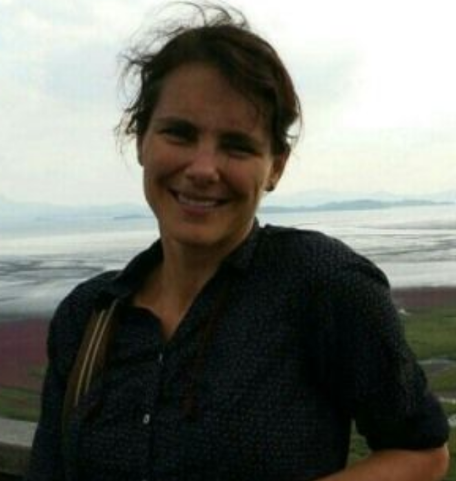
Judit Szabo
Committee member
email: Judit.Szabo [at] cdu.edu.au
Institute / affiliation: Instituto de Biologia, Universidade Federal de Bahia, Brazil and Charles Darwin University, Darwin, Australia
Judit is a conservation biologist and ornithologist, currently working as a visiting Professor in Brazil. She has studied optimal monitoring of birds, including threatened species and conducted the Red List assessment of Australian birds in 2010. She worked outside academia for the conservation of migratory waterbirds and their habitats in the East Asian-Australasian Flyway and on policy capacity building of non-governmental organisations in Africa and Asia. She is fascinated with finding the best use of volunteer-collected datasets, particularly to unravel patterns and trends in bird distributions. She has a keen interest in bird surveying and bird marking, and training the next generation of researchers to use effective, robust and ethical methods while in the field, analysing data or writing up their research. She is associate editor of Bird Conservation International and science editor of Stilt and co-chair of IOU Research Coordination Committee on Bird Marking.
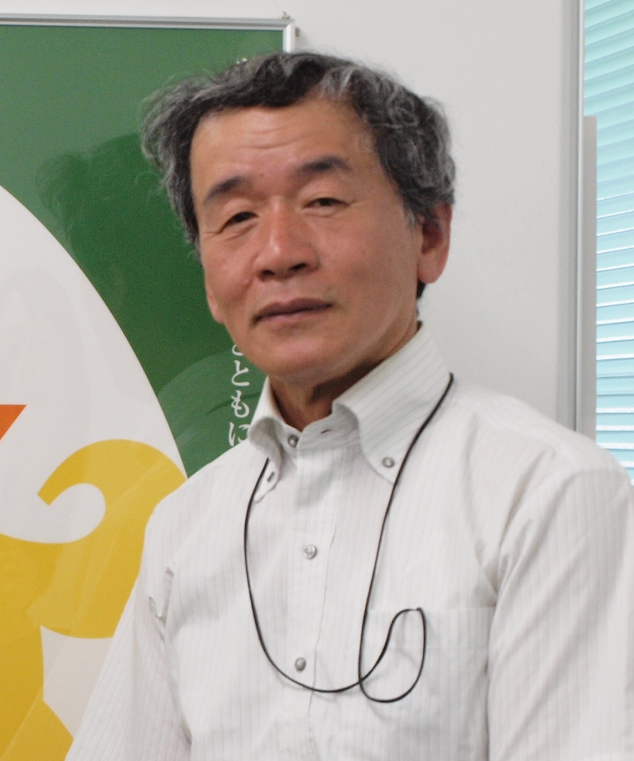
Ueda Keisuke
Committee member
email: keisuke [at] rikkyo.ac.jp
Institute / affiliation: Rikkyo University, Japan
My special interest in ornithology is the mating system of small passerine birds and the brood parasitism of some Asian and tropical cuckoos. I studied the mating system of the polygynous Fan-tailed Warbler in Japan as my Ph.D Thesis. After getting a job at Rikkyo University, Tokyo. I studied marsh nesting birds, the Black-browed warbler, the Little Bittern, and the Moorhen. I have been to Darwin in 1995-96, Australia for 1 yr. and studied the cooperative breeding system of Red-backed Wren and the Grey-crowned Babbler. I and my colleagues were studying a hawk cuckoo at Mt. Fuji. Its deceptive behavior manipulating the host is very interesting. Thereafter, we studied the bronze cuckoos at Darwin, NZ, and New Caledonia and found throwing out of cuckoo nestlings by their hosts, gerygones spp. I am keeping big curiousty to every evolutionary phenomena. My other two subjects is co-evolution between birds and plants/insects (pollination, seed dispersal of plants. and chemical ecology) and evolutionary psychology. We know a lot about birds of the Northern Hemisphere. However, there is still insufficient information on birds of the Southern Hemisphere. They have huge variety of ecological and behavioral traits that we cannot imagine. I look forward to interesting research from young researchers in Africa, Asia and Latin America.
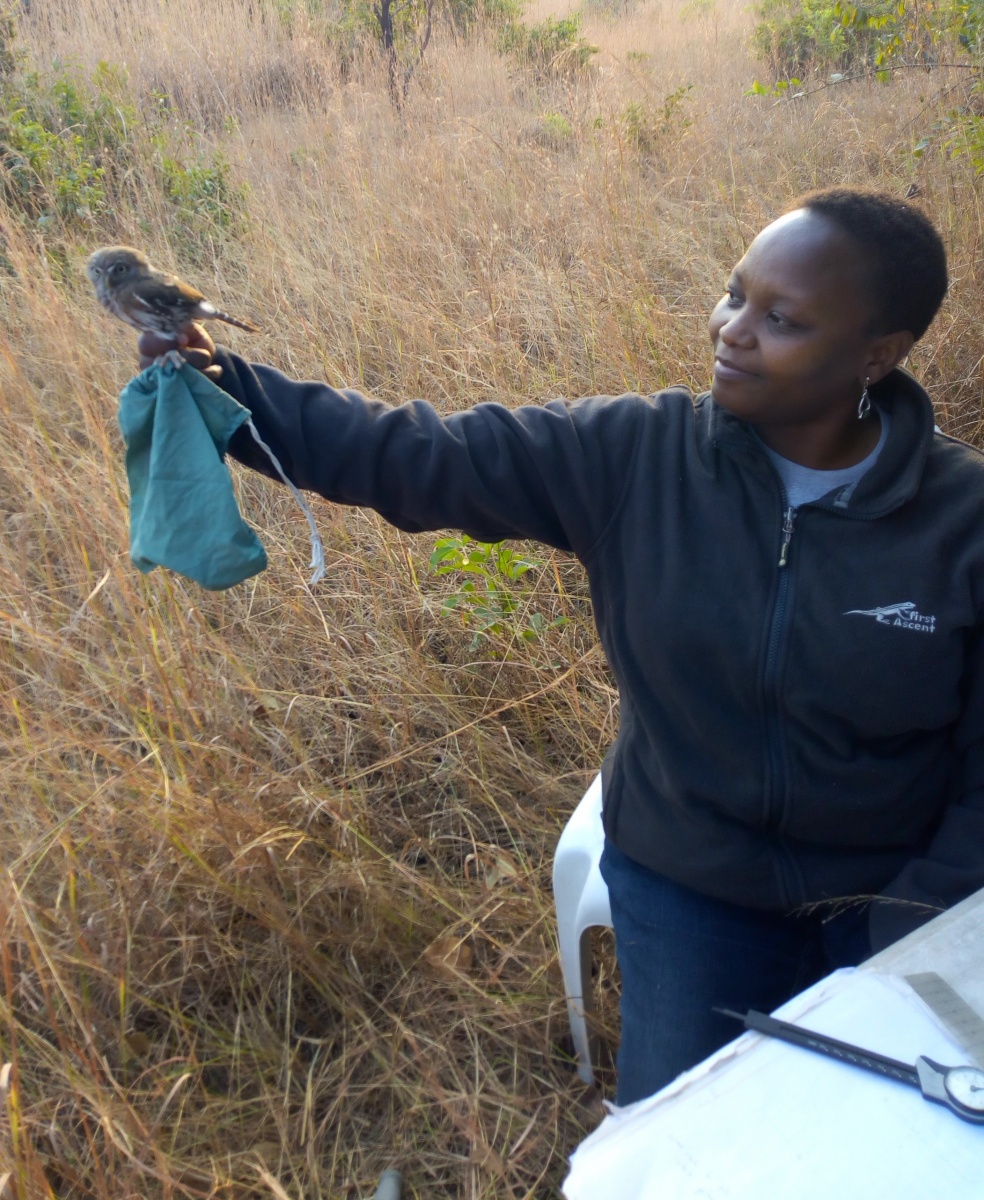
Yahkat Barshep
Committee member
email: yahkat.barshep [at] aplori.org
Institute / affiliation: A.P. Leventis Ornithological Research Institute
My main research interest is the adaptation of moult in birds: variation between species, across time and space, between sexes (sexual conflict), and the physiological cost. Specific topics include (a) carry-over effects of breeding success – as affected by climate, competition, and predation – on timing of migration and moult of long-distance migratory species (b) moult adaptation to timing of breeding and local weather condition My other research subjects are butterflies, dragonflies and damselflies. My expectation for this congress is to meet new people, catch up with old friends and acquaintances, and convince a few of them to visit APLORI.
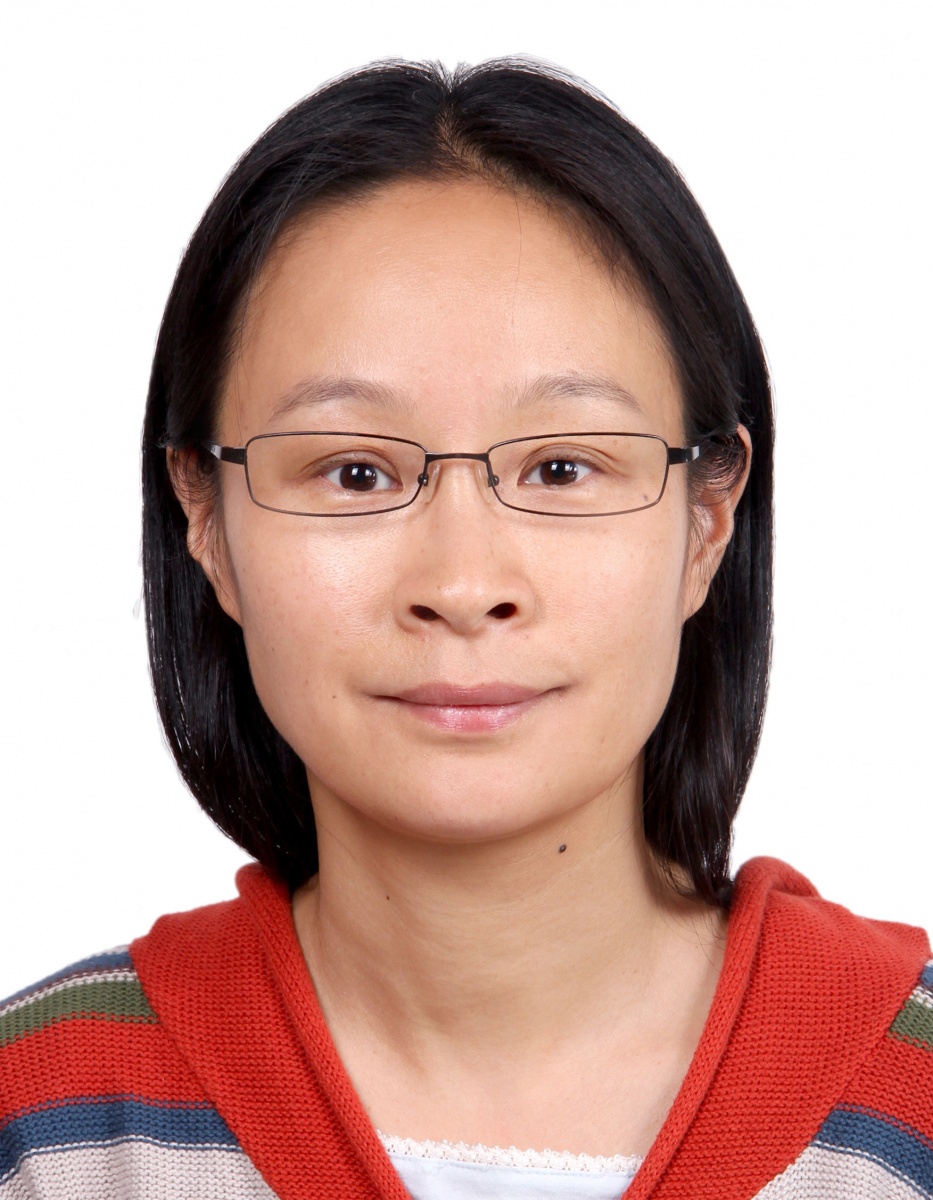
Yanhua Qu
Committee member
email: quyh [at] ioz.ac.cn
Institute / affilitaion: Institute of Zoology, Chinese Academy of Sciences
My research focuses on the avian speciation and adaptation. In first part of my work, I am curious about how geographic barriers, such as mountains, islands, and ecological segregations have contributed to genetic divergence and lineage diversification, thus leading a high rate of speciation. I work on genomic data and compared genomic divergence and landscape architecture along the geographically isolated and ecologically segregated population-pairs and sister species-pairs. In my adaptation work, I focus on the genetic adaptation and functional genomics to study how avian species can adapt to extreme environments, such as high elevations and arid regions. In this part I integrate comparative genomics, comparative transcriptomics and phenotypic adaptation to do genotype-phenotype associations. Aspirations for the conference: One of the best aspects of the IOC is to see a big conference that includes different research fields, and covers diversified geographic regions. I hope we can continue to promote this biodiversity.

Erik Matthysen
Special advisor
email: erik.matthysen [at] uantwerpen.be
Institute / affiliation: University of Antwerp, Belgium

Colleen Downs
Local Committee member
email: downs [at] ukzn.ac.za
Institute / affiliation: University of KwaZulu-Natal

Alan T.K. Lee
Committee member
email: alan.tk.lee [at] googlemail.com
Institute / affiliation: FitzPatrick Institute of African Ornithology, University of Cape Town, South Africa; Centre for Functional Biodiversity, University of KwaZulu-Natal, South Africa
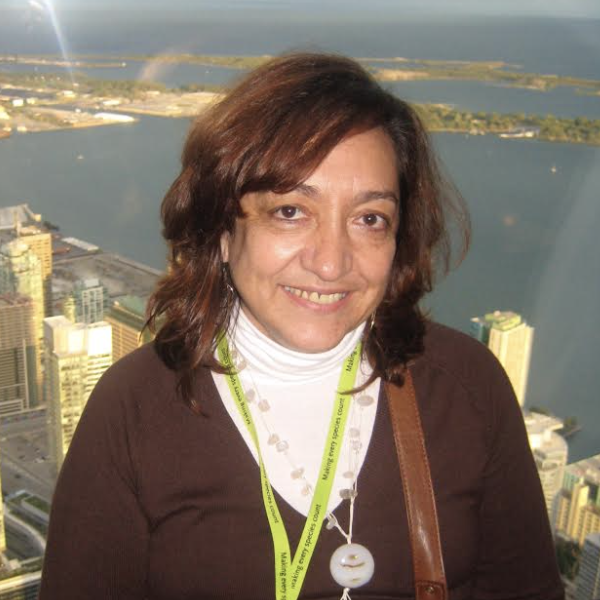
Patricia Escalante
Committee member
email: tilmatura [at] ib.unam.mx
Institute / affiliation: Universidad Nacional Autónoma de México

Claudia Patricia Tambussi
Committee member
email: tambussi [at] gmail.com
Institute / affiliation: Universidad Nacional de la Plata, Argentina

Todd McWhorter
Committee member
email: todd.mcwhorter [at] adelaide.edu.au
Institute / affiliation: University of Adelaide, Australia

Mohammed Shobrak
Committee member
email: shobrak [at] saudibirds.org
Institute / affiliation: Taif University/Saudi Wildlife Authority
